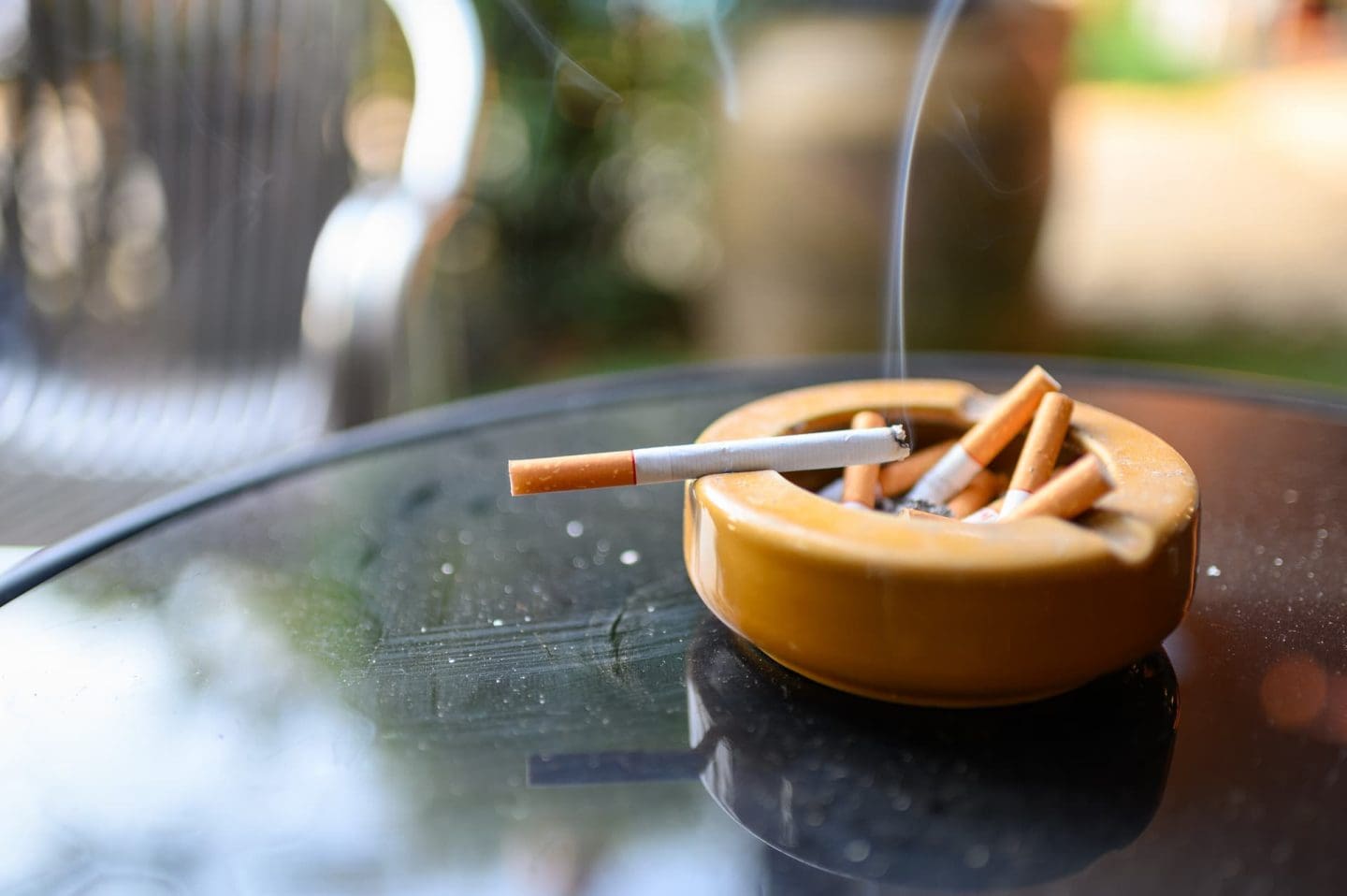We all know the basics of taking care of our teeth: brush twice a day, floss, and visit your dentist regularly. But did you know that your lifestyle choices—what you eat, how you manage stress, and even your daily habits—can have a significant impact on your oral health? It’s true! Let’s dive into how your lifestyle affects your dental well-being and what you can do to protect your smile.
1. Diet and Your Teeth: The Good, the Bad, and the Sweet
What you eat plays a huge role in the health of your teeth and gums. A balanced diet rich in vitamins and minerals helps strengthen your teeth, while poor dietary choices can contribute to tooth decay, gum disease, and other oral health issues.
The Good:
Foods rich in calcium (like dairy, leafy greens, and almonds) and phosphorus (such as fish, meat, and eggs) help strengthen your tooth enamel. Crunchy fruits and vegetables like apples, carrots, and celery can also help clean your teeth as you eat.
The Bad:
Acidic and sugary foods and drinks (like soda, candy, and fruit juices) can wear down enamel and promote cavities. Sticky snacks, such as dried fruit or gummy candies, can cling to your teeth, providing fuel for cavity-causing bacteria.
The Sweet:
While it’s okay to indulge occasionally, try to minimize sugary snacks and drinks. When you do enjoy a sweet treat, rinse your mouth with water afterward to help reduce the risk of cavities.
Pro Tip: Drink plenty of water throughout the day to keep your mouth hydrated and help wash away food particles and bacteria.
2. Smoking and Oral Health: A Hazardous Combo
Smoking (and tobacco use in any form) can seriously harm your teeth and gums. It’s a major risk factor for gum disease, tooth loss, and even oral cancer. Smoking also causes bad breath, yellowed teeth, and can reduce your sense of taste.
If you’re a smoker, quitting is one of the best things you can do for your dental—and overall—health. Your dentist can help you find resources to quit, and your oral health will improve dramatically after just a few weeks of kicking the habit.
Pro Tip: If quitting seems difficult, try using smoking cessation aids or speaking to a healthcare provider for support.
3. Stress and Your Smile: How Anxiety Affects Your Teeth
Stress can affect your dental health in a variety of ways. One of the most common stress-related dental issues is teeth grinding (also known as bruxism). Grinding your teeth, especially at night, can lead to tooth wear, fractures, and jaw pain. It can also cause headaches and earaches.
Another issue related to stress is gum disease. Chronic stress can weaken your immune system, making it harder for your body to fight off infections, including gum disease.
Pro Tip: Try relaxation techniques like deep breathing, yoga, or meditation to reduce stress. If you grind your teeth, ask your dentist about getting a nightguard to protect your teeth while you sleep.
4. Sleep and Oral Health: Rest Is Key
Believe it or not, sleep plays a big role in maintaining your oral health. Poor sleep or sleep disorders (like sleep apnea) can lead to a host of dental issues, including dry mouth and increased risk of gum disease.
When you don’t get enough rest, your body’s immune system weakens, making it harder for your gums and teeth to fight off infections. Additionally, some sleep disorders, like sleep apnea, can lead to an increased risk of developing gum disease or tooth grinding.
Pro Tip: Aim for 7-9 hours of quality sleep each night. If you suspect you have a sleep disorder like sleep apnea, talk to your doctor or dentist for help.
5. Hydration: The Unsung Hero of Oral Health
Drinking enough water is essential for your body, but it’s also crucial for your teeth and gums. Saliva is your mouth’s natural defense against cavities, and it helps wash away food particles and neutralize acids. When you’re dehydrated, your body produces less saliva, leaving your teeth more vulnerable to decay.
Pro Tip: Sip water throughout the day, especially after meals. It’ll keep your mouth hydrated and help maintain a healthy balance of saliva.
6. Exercise: It’s Good for Your Teeth, Too!
Regular exercise helps improve circulation and boosts your immune system, which can also benefit your oral health. Plus, when you’re active, you’re more likely to maintain a healthy lifestyle overall—including eating a balanced diet and managing stress.
However, be mindful of how you hydrate during exercise. Sports drinks, which often contain high levels of sugar and acid, can contribute to enamel erosion. If you prefer to sip on a sports drink, make sure to rinse your mouth with water afterward.
Pro Tip: Stick with water during your workouts to keep your teeth safe while you stay fit!
Final Thoughts: Small Changes, Big Impact
Your daily lifestyle choices can have a significant effect on your oral health. By making conscious decisions about your diet, managing stress, quitting smoking, staying hydrated, and getting enough rest, you’ll be on your way to a healthier smile and overall better well-being.
Taking care of your teeth is more than just brushing and flossing—it’s about adopting habits that support your oral health in every aspect of your life.Have questions about how your lifestyle might be affecting your dental health? Contact us today for a consultation or to schedule your next checkup!
